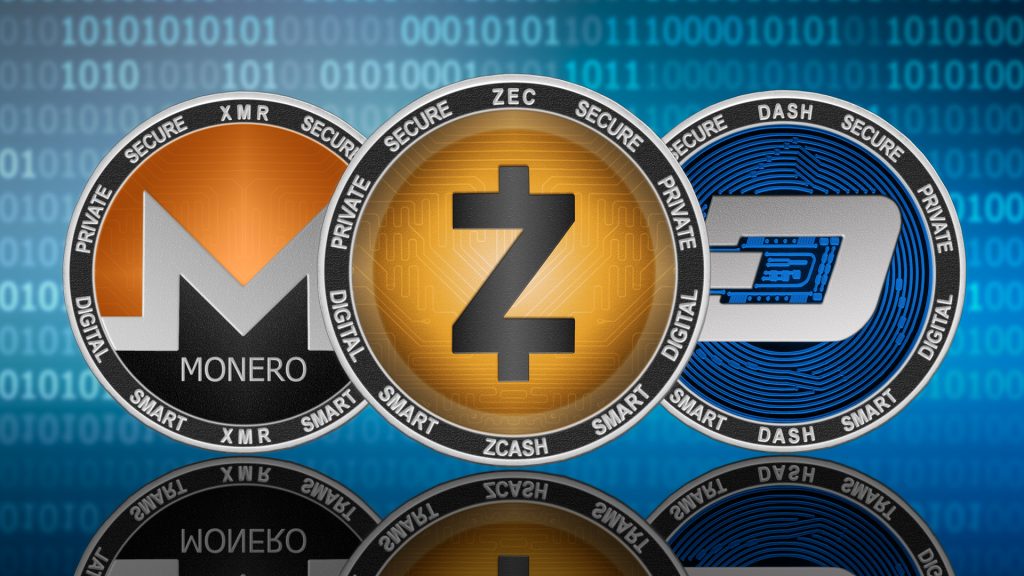Many prevalent cryptocurrencies like Bitcoin or Ethereum have never really been genuinely confidential. For example, wallet addresses with them can easily be linked to IP addresses and other user information with analytics services like CipherTrace or Chainalysis.
The transaction history of the vast majority of cryptocurrencies is freely available, so any user (if he strives, of course) can get all the information he needs – and it’s all about the blockchain.
“But what could happen at all if they find out about me? I’m honest, and I’m not doing anything wrong,” you might ask. But here is the catch: cybercriminals can find out that you are storing quite a lot of cryptocurrency in your wallet and then attempt to rob you.
They don’t care at all whether you behave honestly or not. Disclosing your identity can be avoided, but it will require much effort. Or using a quality mixer. By the way, https://yomix.io is just one good example. It’s popular due to record-low commissions, stability, and maximum variability (you can send currency to multiple wallets with delays, etc.).
What other options are there besides mixers?
The pseudonymity of cryptocurrencies has led community members to develop genuinely confidential altcoins. Such cryptocurrencies are helpful to anyone who values the privacy of transactions, and they are equally suitable for ordinary people and businesses (small and large).
How did anonymous cryptocurrencies come about?
The first anonymous cryptocurrency, Bytecoin, was released in 2012. Since then, several such cryptocurrencies have appeared. Monero, Dash, Zcash, Beam, and Grin are prevalent nowadays. To be more specific about these coins, Monero and Zcash can be singled out as the most in-demand ones.
For instance, Monero uses ring signatures and stealth addresses that hide coins, transaction amounts, and recipient addresses to ensure privacy. Zcash, on the other hand, performs transactions only through encrypted addresses that do not show up in the blockchain in any way.

How do anonymous cryptocurrencies help businesses?
Since confidentiality and speed of financial transactions are essential for any business, the prevalence of anonymous cryptocurrencies is relatively high. The lack of anonymity when making payments can cause massive damage to a company.
But sometimes, it turns out that using fiat currency (euros, dollars, etc.) is much safer than using a non-anonymous cryptocurrency like Bitcoin or Ethereum because, in the blockchain, data is available to all users, including competitors and intruders.
Many organizations face a choice: either use not the most popular Monero, Zcash, and others or use the most common Bitcoin and Ethereum, anonymizing the processes with mixers. With such services, this would be a manageable headache.
Why should anonymous cryptocurrencies be preferred to a mixer?
The fact is that while mixers are entirely legal (cases like Tornado Cash are isolated), many states look at anonymous cryptocurrencies disapprovingly and sometimes try to suppress their usage.
For example, in 2018, South Korea banned anonymous crypto-trading, and Japan banned anonymous cryptocurrencies. The U.S. Secret Service stated the need to counter their proliferation.
These are just a few examples. That’s why it’s almost always better to prefer an alternative in the form of mixers. But a cryptocurrency blender must be truthful because cases when administrations of such services cheated their users for money, are pretty standard. If you want everything to go smoothly, use Yo!Mix.

